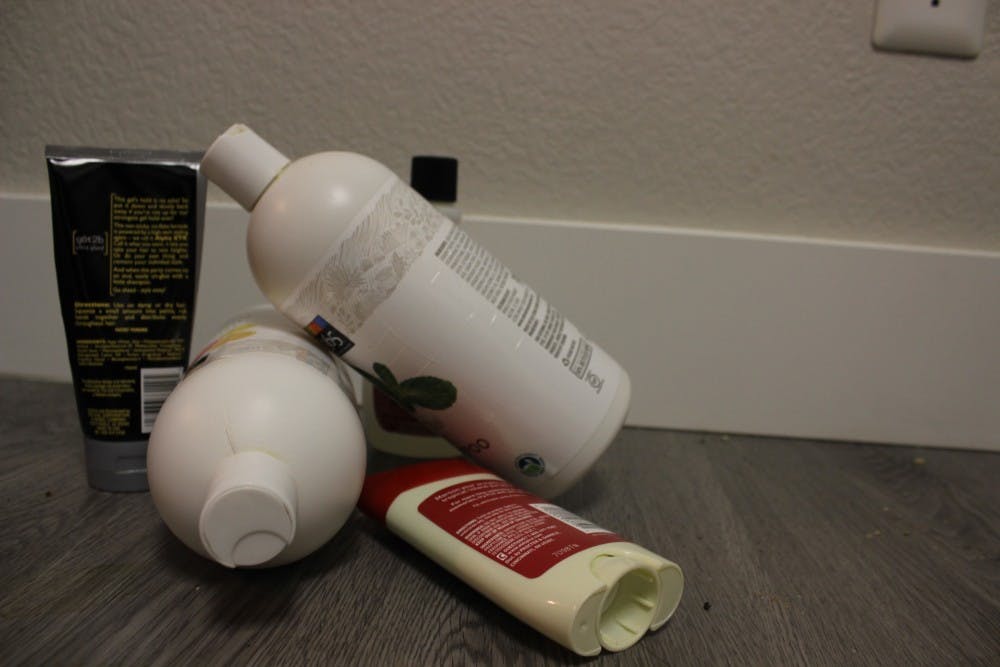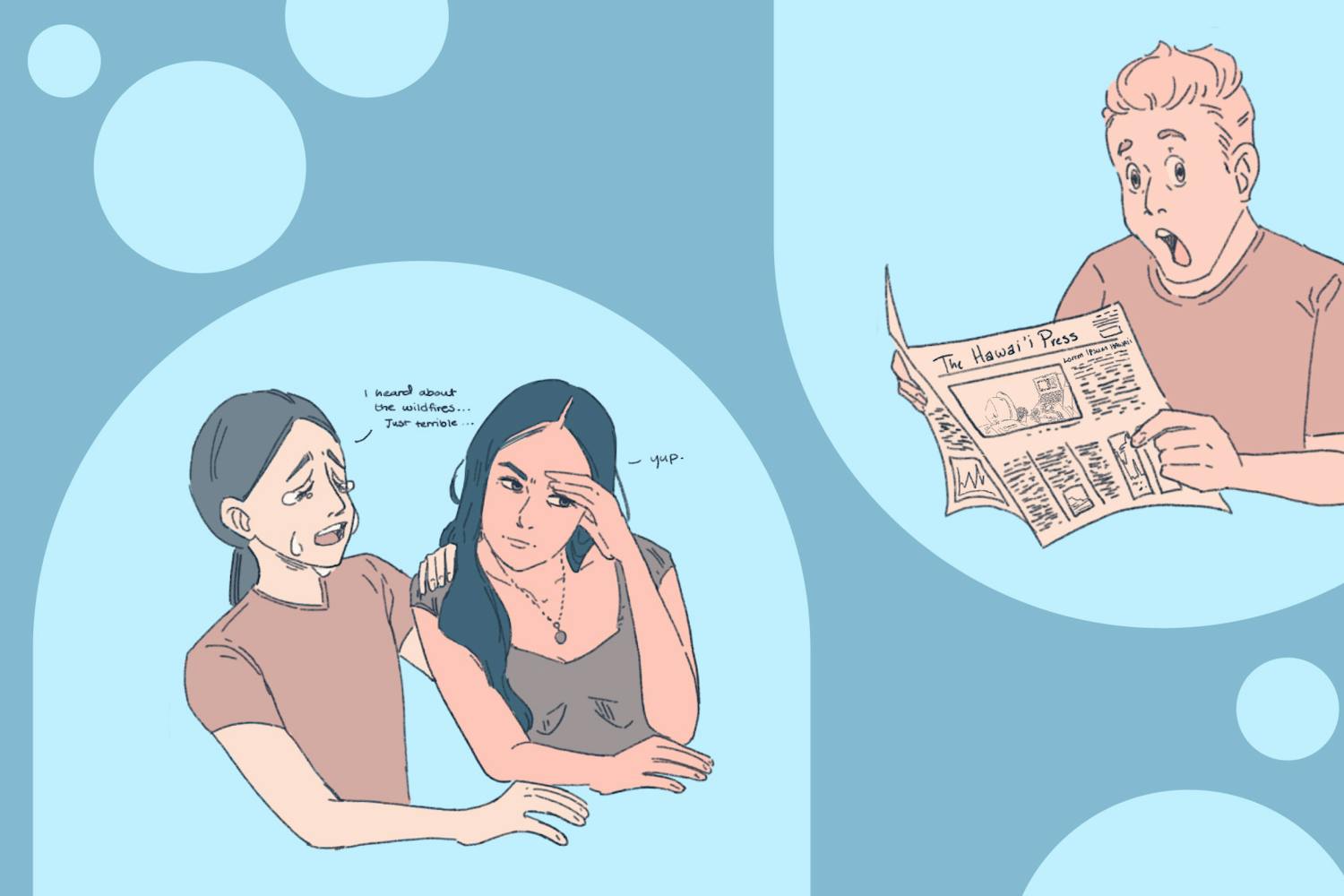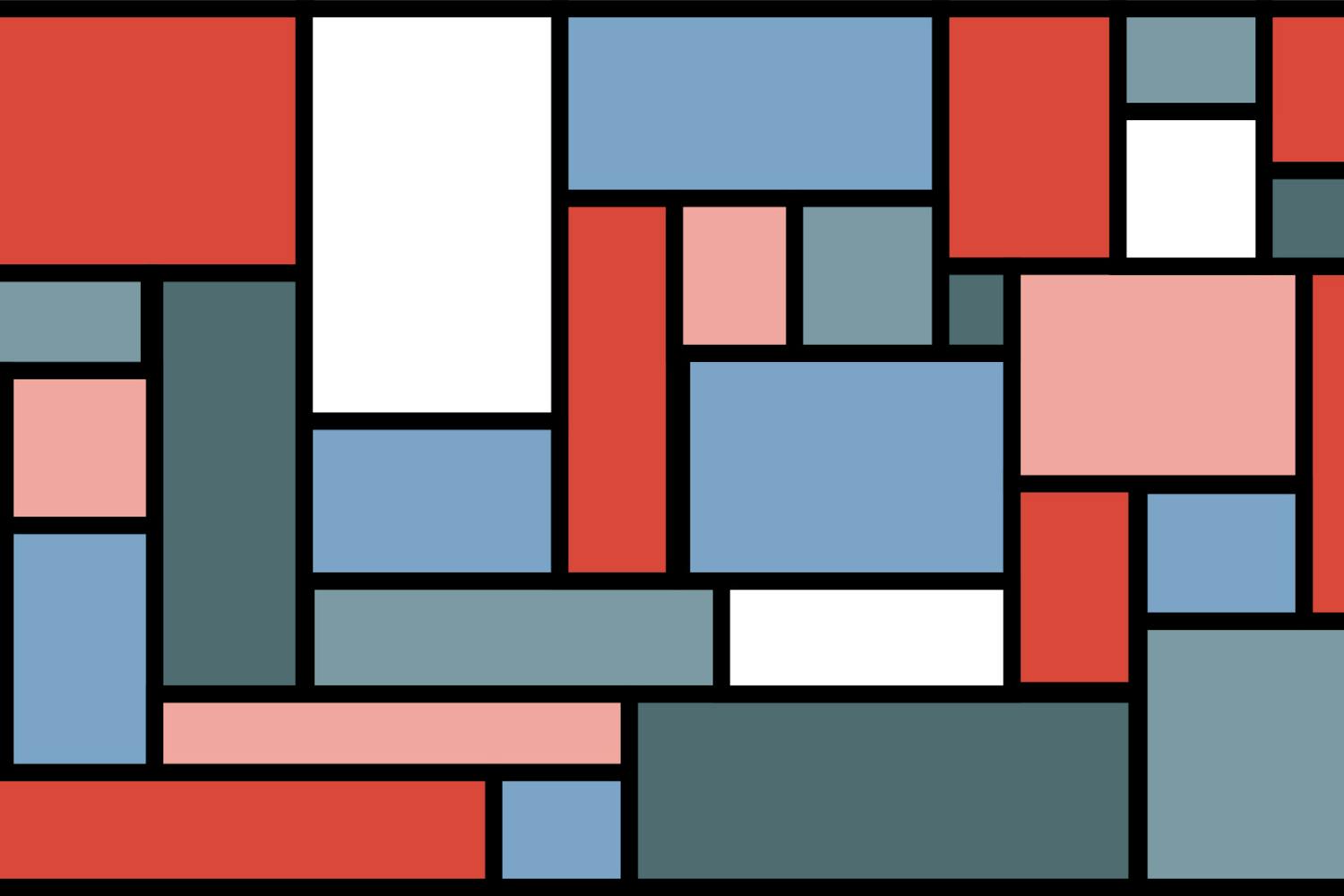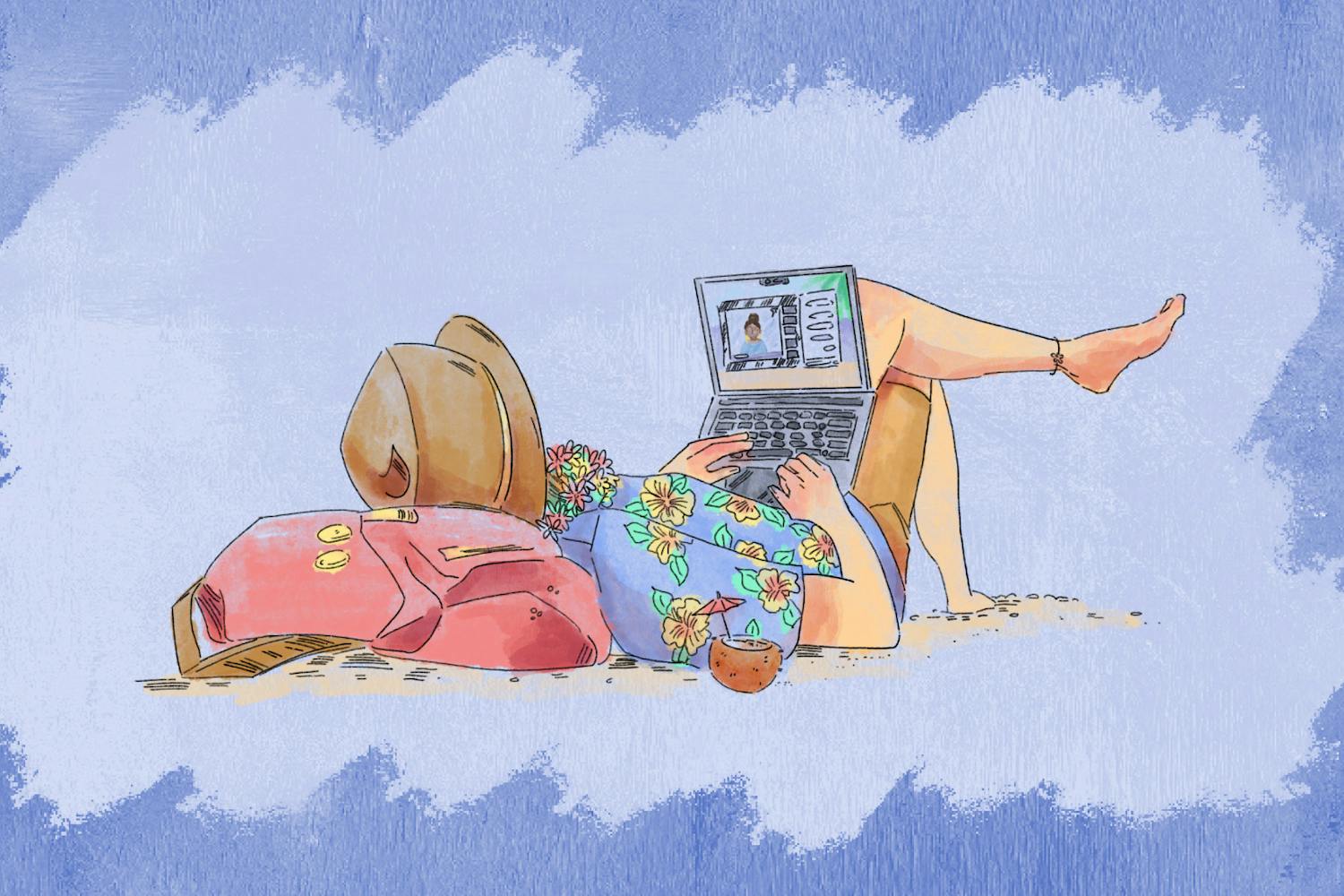The same situation occurs every year. A college freshman buys a hefty amount of cleaning supplies for his or her dorm room, and come May, those supplies are left completely untouched. Arizona State University is working to make sure these items are not simply thrown away and wasted.
Ditch the Dumpster is an event held at residence halls throughout all four of the campuses during fall move-in and spring move-out. The idea is for students to donate their gently used items to organizations surrounding the ASU campuses to help the community.
“We’re trying to extend the life of materials at ASU,” says Alana Levine, director of facilities, development and management. “Everybody has a role to play.”
According to the ASU website, 51,869 students were enrolled in the Tempe campus alone in 2016. ASU’s large size gives it, a unique opportunity to rethink how universities deal with their waste.
Buzzwords like “circular economy” are being used more frequently to inspire more innovative ways to reuse, repair and recycle items on the ASU campuses.
Ditch the Dumpster began in 2008 in just one residence hall on the Tempe campus. The program is now at all of the campuses and residence halls. Over the years, the program has seen an increase in participation from students.
Creating a circular economy requires participation from everyone at ASU.
That’s why Kelsey Gaude, the program manager who oversaw Ditch the Dumpster in spring of 2017, says the event would like to better inform the students about where the items go after they are donated.
The individuals who worked on Ditch the Dumpster received many thank-you messages from people who were thrilled to receive the donations.
“The organizations that received donations relayed how excited people were to be getting items that are living necessities, for free,” Gaude says.
This year, The Centers for Habilitation (TCH) received items from Ditch the Dumpster.
TCH serves over 700 individuals annually with developmental and physical disabilities annually with group homes, day programs, home based services and employment programs.
“TCH started as a group of parents who didn’t want to institutionalize their children back in the ‘60s,” Dawn Hocking, the Director of Development, says “They took care of each other’s kids. We started there, and we’ve grown to what we are today.”
Hocking explained how the organization benefits from receiving supplies from Ditch the Dumpster.
“We’re funded primarily by the state of Arizona, but they only fund programs at 70 percent, so we operate with having to make up that 30 percent,” Hocking said.
This lack of funding is why donations from Ditch the Dumpster and other organizations are essential. Hocking explained how items like laundry detergent and cleaning supplies are so helpful even if they are half-used because those items would have come out of their budget.
The staff, supervisors, and individuals at TCH were thrilled about receiving the donations.
Lisa, a member of in TCH’s day program, was so excited about the lotion and shampoo she received from the donations.
“If a client wants something very specific, they have to purchase it themselves,” Hocking said. “A lot of the individuals we serve don’t have very much money because of how funding is set up.”
It’s easy to forget how a simple living essential like shampoo could mean so much to someone who may not be able to afford it on their own. Stories like these are what make the difference between throwing an item in the trash, never to be used again, or taking the extra step and donating it.
In 2016, Tempe Dollars for Scholars, a local organization that helps provide scholarships to underserved populations, partnered with Ditch the Dumpster. They provided scholarships based on how many donations were collected.
“It’s a good story of students donating these goods to organizations and those organizations in turn are donating scholarships to future students,” Gaude says.
Ditch the Dumpster is a giant leap in the right direction when it comes to creating more of a circular economy, but it’s only the first step. Levine explained that there is still much to do when it comes to prolonging the life of materials in the community.
“One of the big things we have to work on is the reuse or the service based part of our economy and how ASU can push that boundary,” Levine says.
Reach the reporter at lehart4@asu.edu or follow @lololicious97 on Twitter.
Like The State Press on Facebook and follow @statepress on Twitter.




